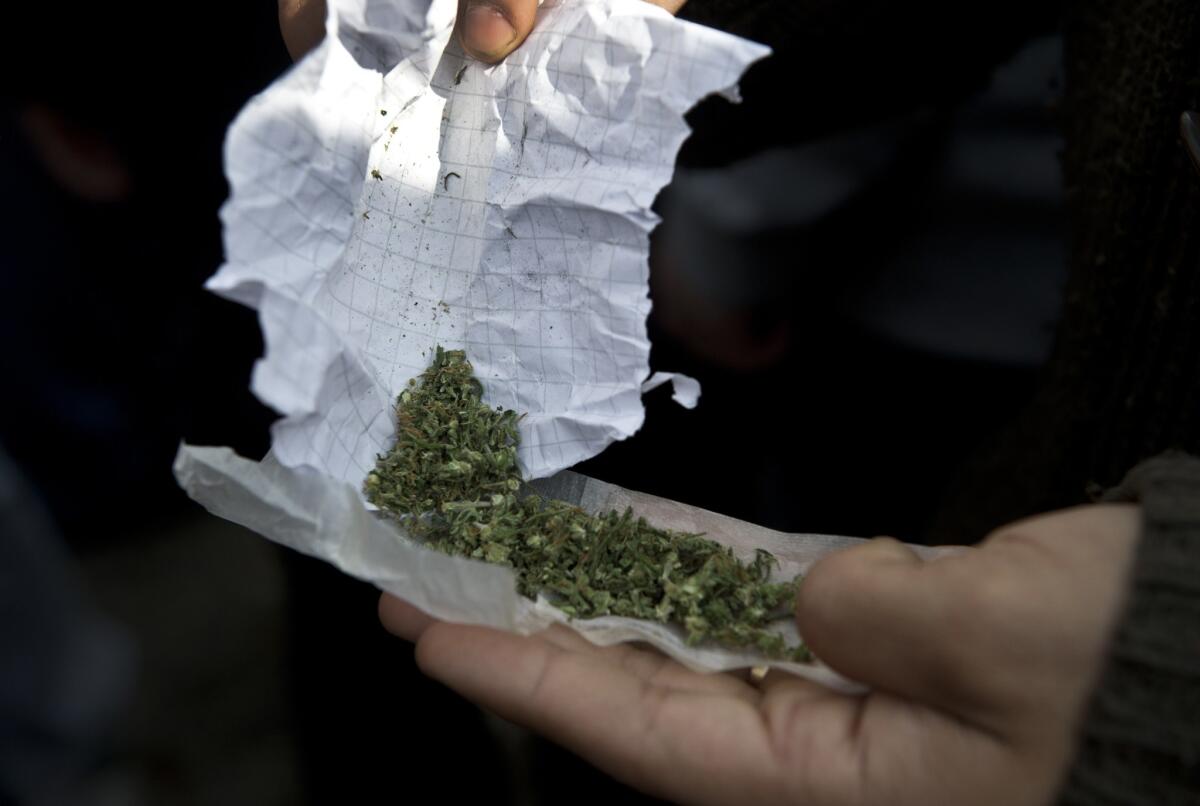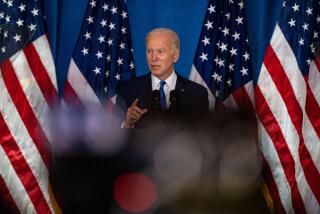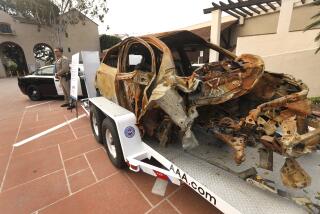Good news (?): marijuana doesn’t increase the likelihood of car crashes

For all intents and purposes, marijuana legalization is here to stay. That has raised the hackles of auto safety advocates and legislators, who reason that anything that puts impaired drivers behind the wheel can’t be good.
“We are going to have a lot more people stoned on the highway and there will be consequences,” warned Rep. John Mica, R-Fla., at a Congressional hearing last year.
Yet new evidence suggests that this isn’t so. The latest study, published this month by the National Highway Traffic Safety Administration, found no statistically significant increase in crash risk among drivers with marijuana in their system, compared to those entirely sober.
Before we get into the details and implications, consider the backdrop. Four states, Alaska, Washington, Colorado, and Oregon, have legalized marijuana for recreational use. So have District of Columbia voters, but in their case Congress has the last word, and hasn’t agreed.
Nineteen states, including California, have legalized pot for medical use. But if any of them have as porous an enforcement regime as California’s, the medical loophole is tantamount to full legalization. (See accompanying map.) And venture capital investors can smell the sweet aroma in the air; they’re beginning to pile into pot-related businesses.
Now for the NHTSA report, which was based on a 20-month study of drivers in Virginia Beach, Va., with samples and other data collected from 3,000 crash-involved drivers and a control group of 6,000 non-crash involved motorists. Alcohol tests also were collected from more than 10,000 drivers.
The data showed that 7.6% of crash-involved drivers tested positive for marijuana or THC, versus 6.1% of the control group. In raw terms, that would suggest that marijuana was associated with a 25% increased chance of crashing. But it’s not that simple: the figures have to be adjusted for other factors possibly contributing to crash risk, including the driver’s gender and age.
As it happens, males and young drivers have higher crash rates than females and older drivers; they’re also more likely to be marijuana users. And once these factors are corrected for, “the significant increased risk of crash involvement associated with THC...is not found.” The same outcome was determined for other drugs tested for, including sedatives, antidepressants, and stimulants.
Contributing to the doubts about marijuana’s effect on auto safety was the inadequacy of the testing. Pot, like other drugs, can continue to show up in test samples for days or weeks after it’s used, meaning that some subjects found to have THC in their systems may have been well past the period of impairment.
One substance was shown to have a major influence on crashes: alcohol. The study confirmed the enormous danger of drinking and driving, even after age and sex adjustment: drivers with a 0.05% blood-alcohol level were found to be twice as likely to be in a crash. For a person weighing 180 to 190 pounds, that could be a single can of beer, glass of wine, or shot of liquor. At 0.08% (two drinks), the likelihood is quadrupled, and at .20% (four drinks or more), the risk is higher by 23 times.
It’s probably not necessary to point out that alcohol is a legal drug in every state.
None of this means that it’s safe or wise to drive with any such drug in one’s system. “In some situations,” the NHTSA report states, “drugs other than alcohol can seriously impair driving ability.” But it does say that driving safety involves “a very certain element of alcohol impairment and a less-certain element of drug impairment.” In other words, it still makes sense to keep a focus on drinking and driving, while not necessarily taking our eyes off the possible effect of pot-smoking and driving.
Aaron Carroll offers a characteristically wise and cogent perspective here.
Keep up to date with the Economy Hub. Follow @hiltzikm on Twitter, see our Facebook page, or email mhiltzik@latimes.com.
More to Read
Inside the business of entertainment
The Wide Shot brings you news, analysis and insights on everything from streaming wars to production — and what it all means for the future.
You may occasionally receive promotional content from the Los Angeles Times.









